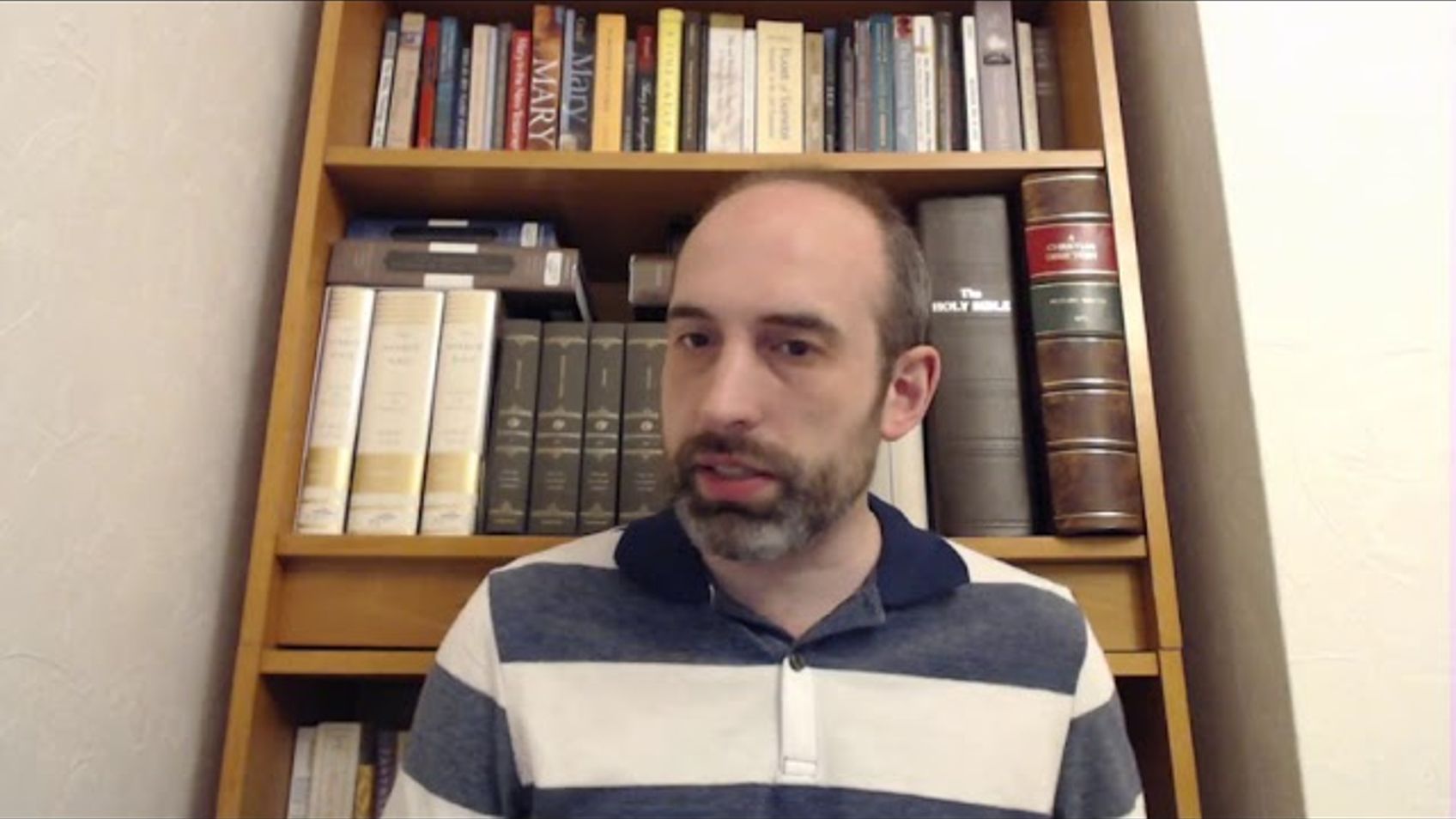Q&A#133 Clean and Unclean Animals

Today's question: "What should we make of the distinction between clean and unclean animals? Is there some deeper reason that some animals are considered clean and others unclean?"
My blog for my podcasts and videos is found here: https://adversariapodcast.com/. You can see transcripts of my videos here: https://adversariapodcast.com/list-of-videos-and-podcasts/.
If you have any questions, you can leave them on my Curious Cat account: https://curiouscat.me/zugzwanged.
If you have enjoyed these talks, please tell your friends and consider supporting me on Patreon: https://www.patreon.com/zugzwanged. You can also support me using my PayPal account: https://bit.ly/2RLaUcB.
The audio of all of my videos is available on my Soundcloud account: https://soundcloud.com/alastairadversaria. You can also listen to the audio of these episodes on iTunes: https://itunes.apple.com/gb/podcast/alastairs-adversaria/id1416351035?mt=2.
More From Alastair Roberts






More on OpenTheo















